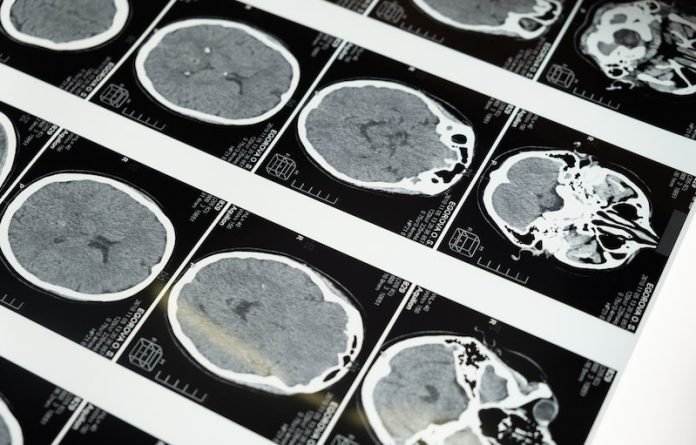
A recent study from the University of California, San Francisco, has discovered a potential new path to treating Alzheimer’s and other forms of dementia.
The research focuses on microglia, cells that play a significant role in stabilizing the brain by clearing out damaged neurons and protein plaques often associated with dementia and other brain diseases.
Microglia cells are often understudied, despite their critical role in brain health.
When these cells lose their way, the result can be brain inflammation and damage to neurons and the networks they form, which can lead to neurodegenerative diseases.
In the study, the team found a new CRISPR method they developed that can uncover how to control these microglia cells, stopping them from doing toxic things and getting them to carry out their vital cleaning jobs.
The team pinpointed genes that affect the cell’s ability to survive and proliferate, how actively a cell produces inflammatory substances, and how aggressively a cell prunes synapses.
With this knowledge, the scientists were able to reset the genes and flip the diseased cell to a healthy state.
The team plans to test how to control the relevant states of microglia by targeting the cells with existing drugs and testing them in preclinical models.
They hope to find specific molecules that act on the genes necessary to nudge diseased cells back to a healthy state.
This new approach presents the opportunity for an entirely new type of therapeutic approach to Alzheimer’s disease, as most of the genes known to increase the risk for Alzheimer’s disease act through microglial cells.
By finding a way to control these cells, researchers may be able to halt or even reverse the progression of the disease.
The study, conducted by Martin Kampmann and his team, was published in Nature Neuroscience.
While more research is needed, this discovery is an exciting step towards finding a cure for Alzheimer’s and other forms of dementia.
How to prevent Alzheimer’s disease
There is no definitive way to prevent Alzheimer’s disease, but there are steps that people can take to potentially reduce their risk or delay the onset of symptoms. Here are some tips:
Exercise regularly: Regular physical activity has been linked to a reduced risk of cognitive decline and dementia.
Follow a healthy diet: Eating a healthy, balanced diet with plenty of fruits, vegetables, and whole grains may help reduce the risk of Alzheimer’s disease.
Stay mentally active: Engage in mentally stimulating activities such as reading, puzzles, or learning a new skill to help keep your brain active and healthy.
Get enough sleep: Good sleep is important for brain health, so aim for seven to eight hours of sleep each night.
Manage chronic health conditions: Conditions such as high blood pressure, high cholesterol, and diabetes can increase the risk of Alzheimer’s disease, so it’s important to manage these conditions effectively.
Stay socially engaged: Social isolation and loneliness have been linked to a higher risk of cognitive decline, so stay connected with friends and family.
Protect your head: Traumatic brain injury has been linked to a higher risk of Alzheimer’s disease, so take steps to protect your head, such as wearing a seatbelt and helmet.
It’s important to note that while these steps may help reduce the risk of Alzheimer’s disease, there is no guaranteed way to prevent it.
It’s also important to seek medical attention if you have any concerns about your memory or cognitive abilities.
If you care about Alzheimer’s, please read studies about how Alzheimer’s attacks the brain, and how the Mediterranean diet could protect your brain health.
For more information about brain health, please see recent studies that cranberries could help boost memory, and many older people have this non-Alzheimer’s dementia.
Copyright © 2023 Knowridge Science Report. All rights reserved.



